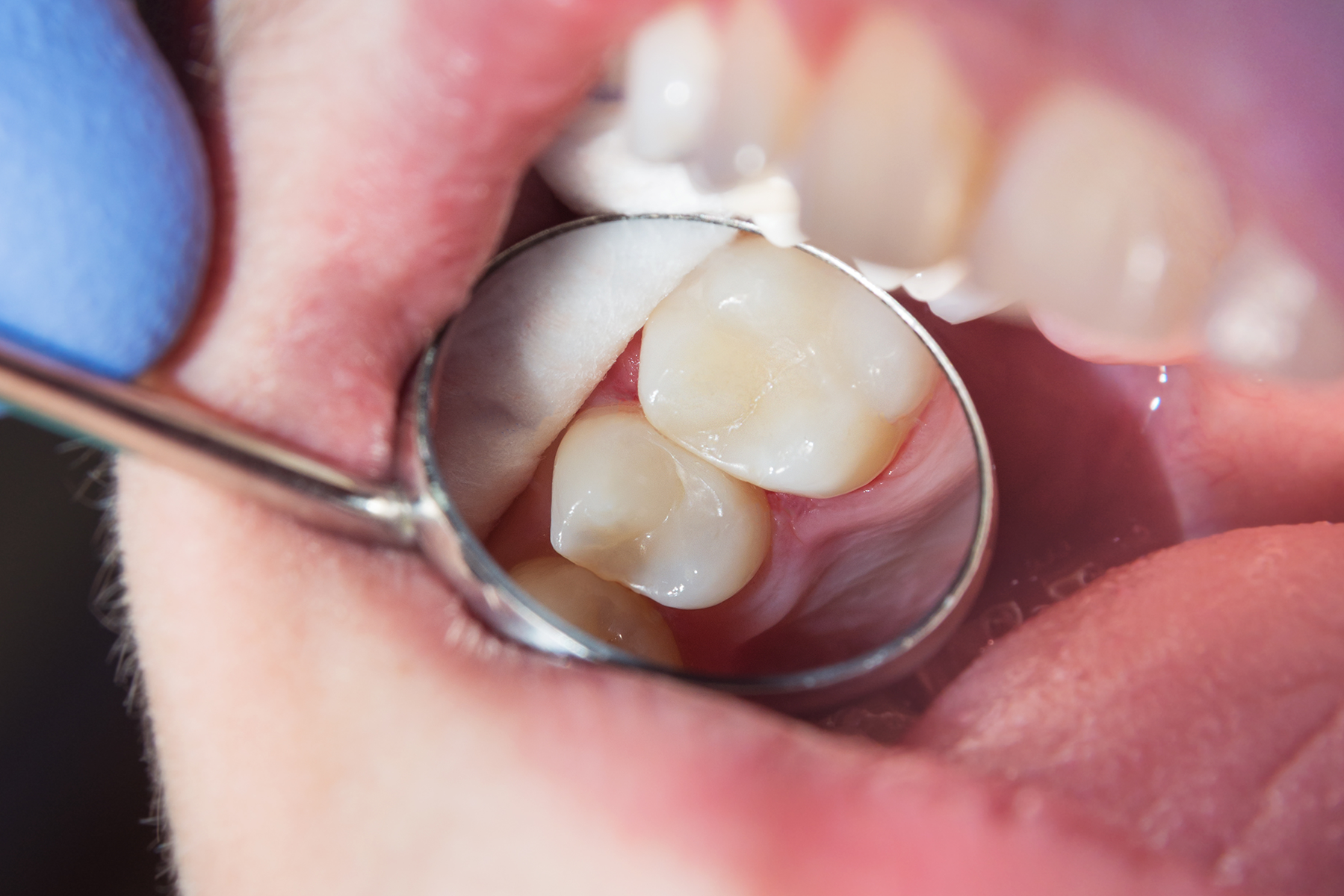Investigating membrane alterations as a mechanism of acid tolerance in caries-causing bacteria

Dental caries (also known as cavities or tooth decay) is the most common chronic infectious disease globally and is caused by the formation of acid-producing bacterial biofilms on the tooth surface, which demineralize and destroy the protective underlying enamel barrier. Although the efficacy of fluoride treatments (the contemporary standard in caries prevention) is well-documented, the current prevalence of the disease clearly illustrates that fluoride alone is insufficient to prevent caries in many situations. Therefore, increased understanding of disease pathogenesis and exploration of novel preventative strategies are objectives worthy of attention. Regardless of the microbial taxa involved, bacterial acid-tolerance is an indispensable factor in caries pathogenesis. The known caries pathogen Streptococcus mutans is known to utilize a FabM enzyme to increase the proportion of unsaturated fatty acids (UFAs) in its plasma membrane in response to environmental acidification. This adaptation is required for acid- tolerance and the ability to cause disease in animal models. Preliminary data indicates that several other Gram-positive oral taxa, including the caries-associated species, Lactobacillus casei, also increase UFAs in response to environmental acidification. However, the diversity of bacterial fatty acid biosynthesis (FASII) across the oral microbiome is not well-studied and it is not known if these organisms also utilize a FabM enzyme and obtain protection from acid via increased UFA abundance. This project seeks to answer three questions raised by these observations:
- How widespread is this response to acid stress within the oral cavity?
- Are UFAs a crucial component of the acid- tolerance response in all species exhibiting this shift upon acidification of the environment?
- How are these UFAs protective?
Successful completion of this research will determine the distribution and significance of altered membrane composition as a mechanism of acid-tolerance in the overall oral microbiome and identify how this process confers protection from acid damage. In contrast to the majority of current basic research investigating caries pathogenesis and novel therapeutic approaches, which are largely focused on S. mutans exclusively, this study will examine an acid-tolerance mechanism that appears to be common to multiple cariogenic taxa. Results obtained from this research are likely to open the door to investigation of novel anti-caries therapeutics which, while targeting acidophiles, operate regardless of the presence and abundance of S. mutans.